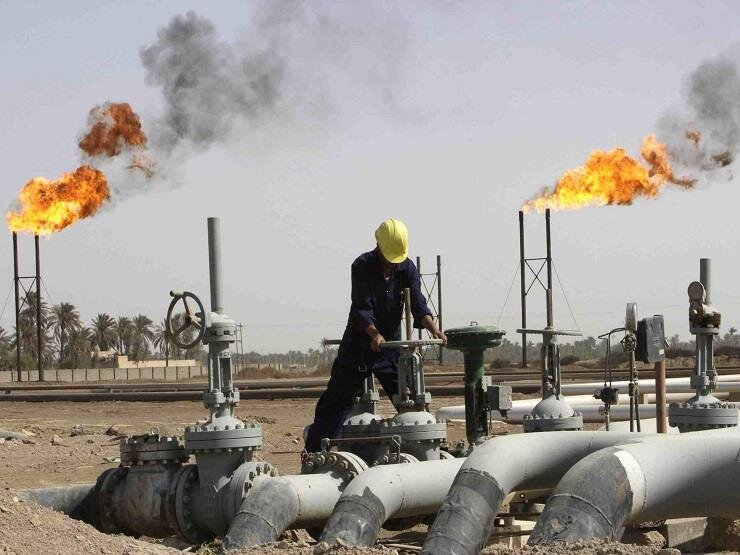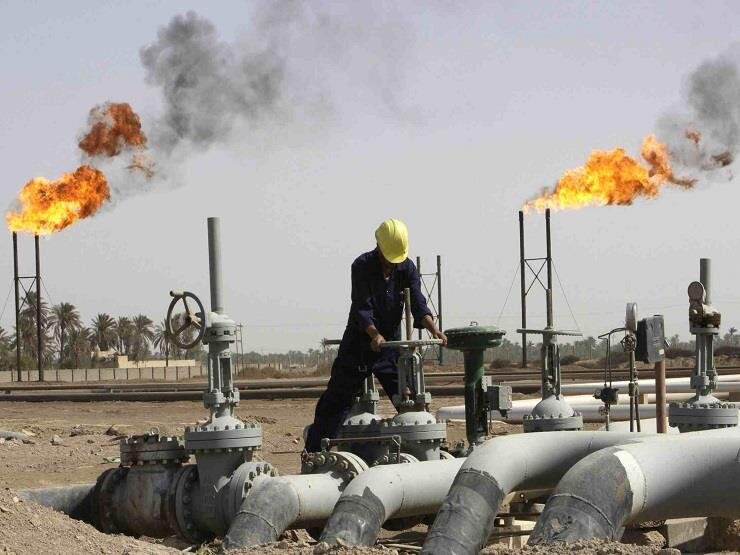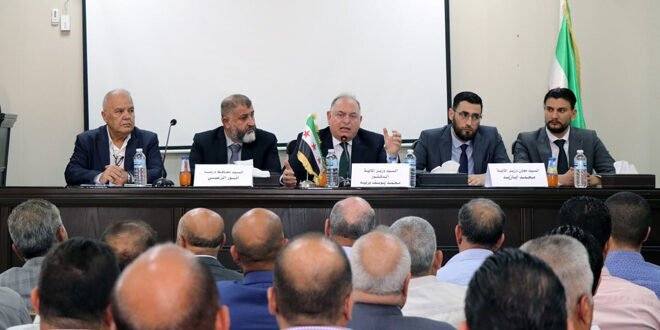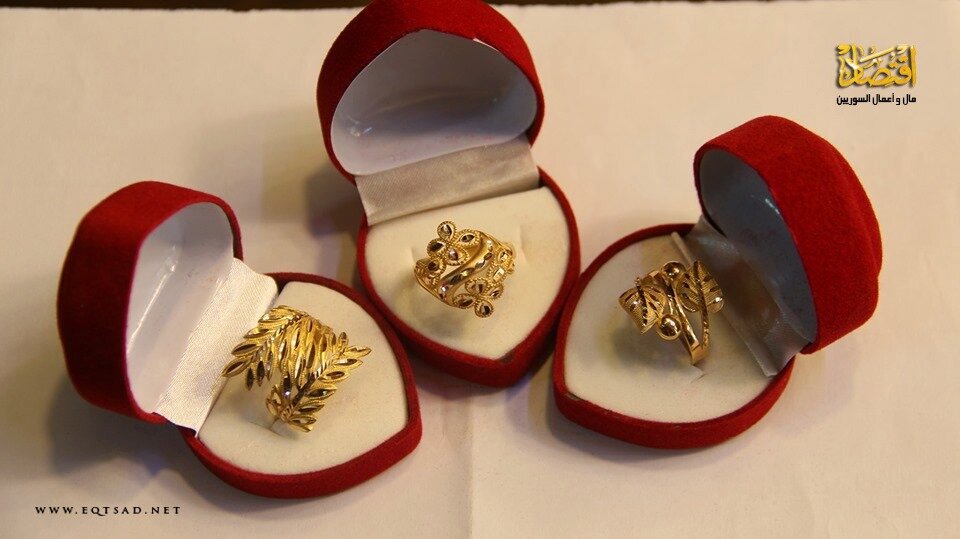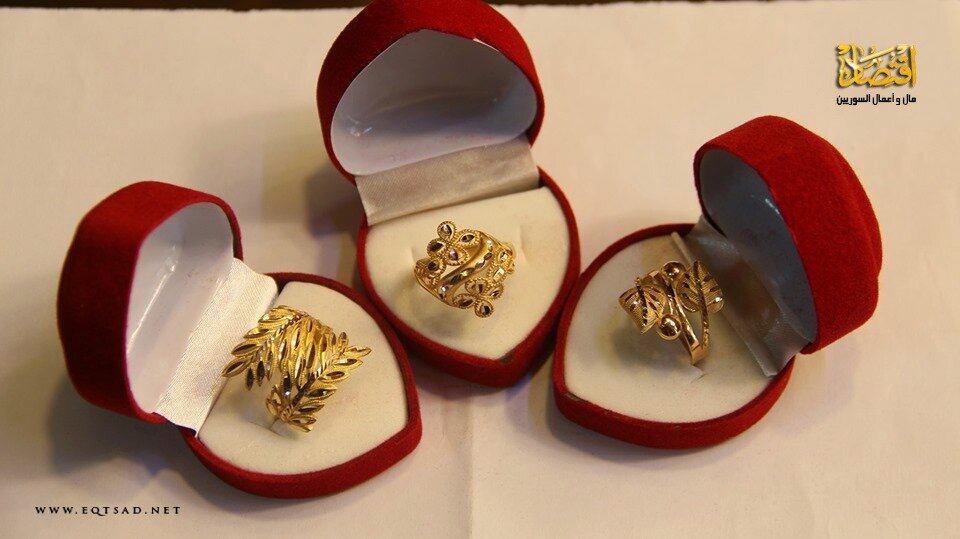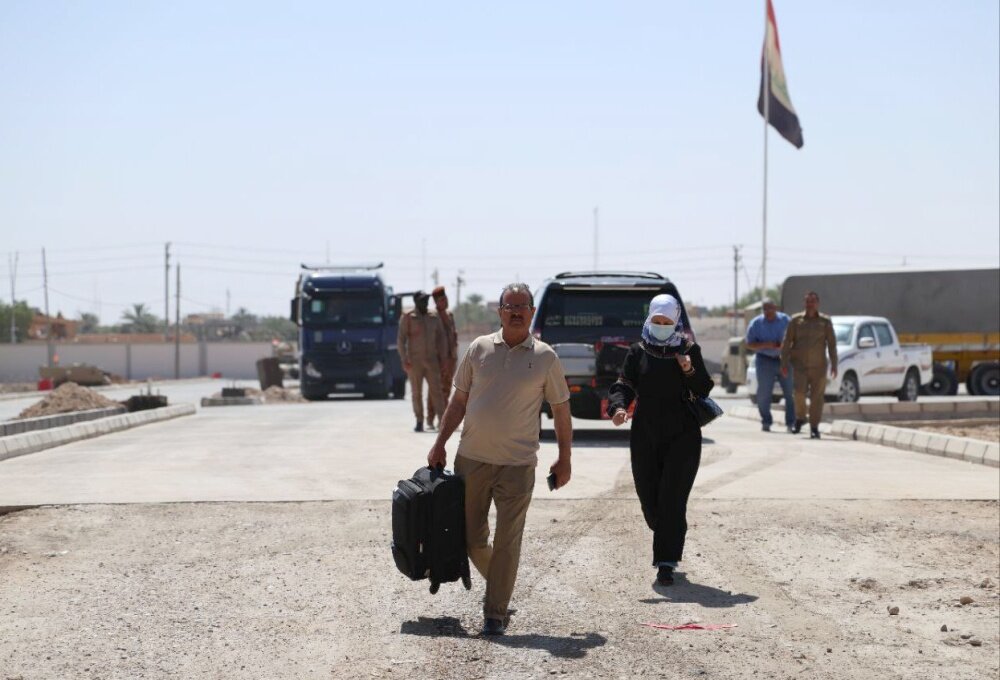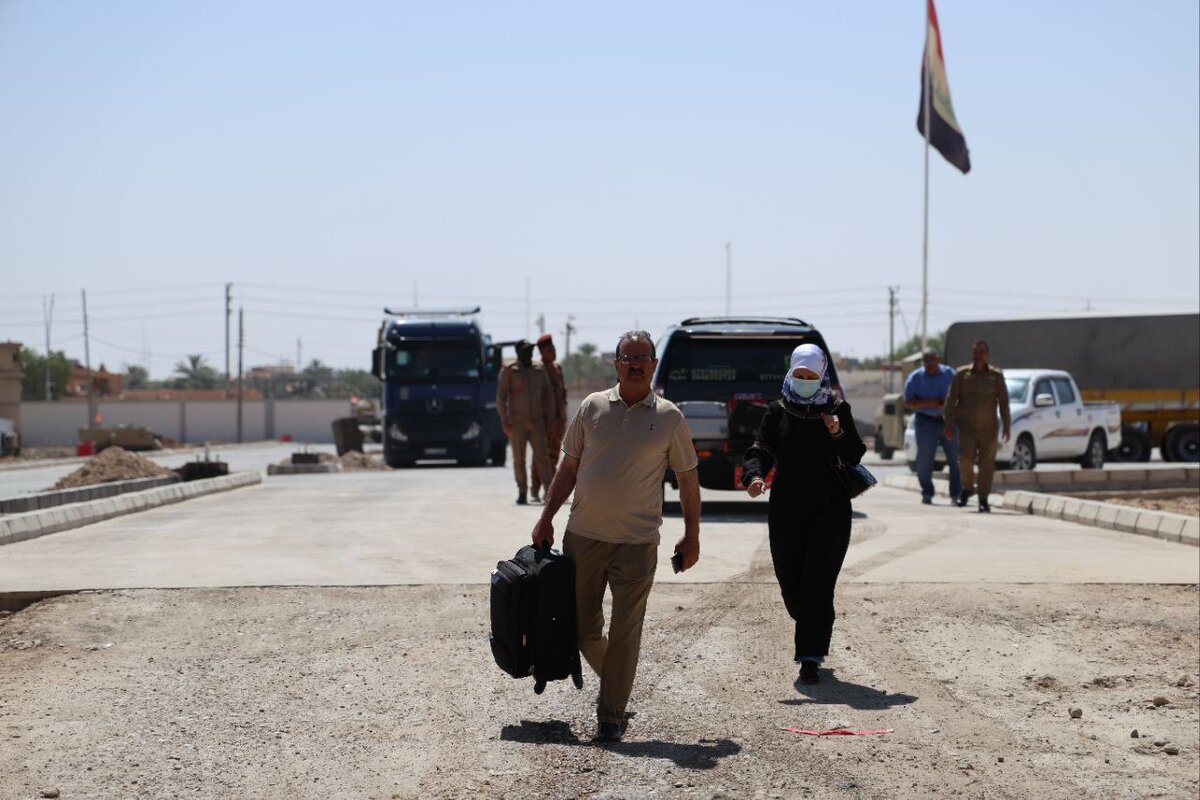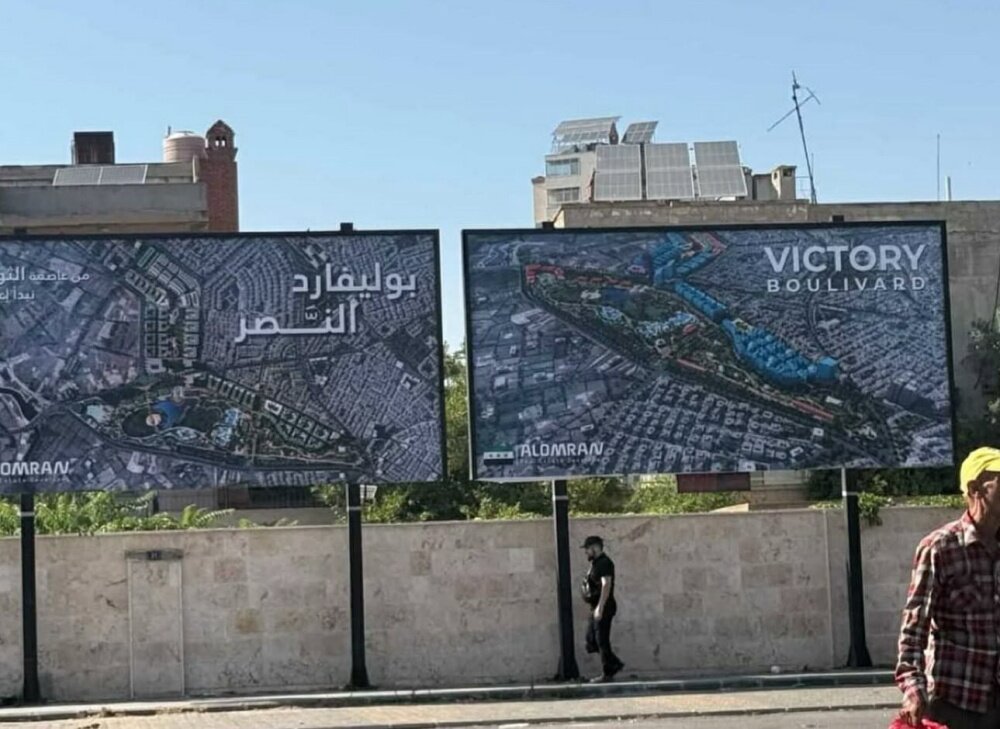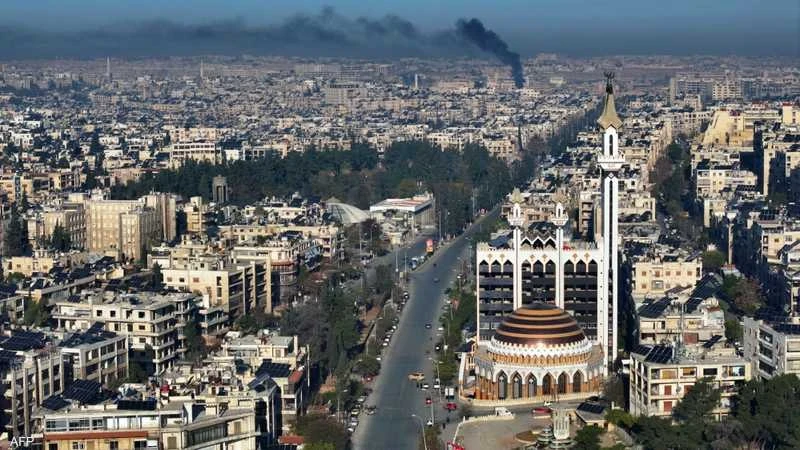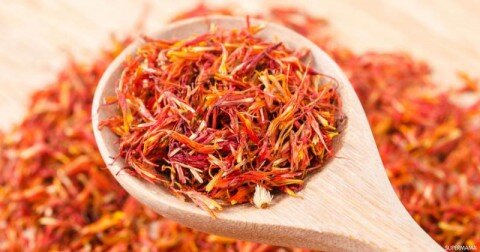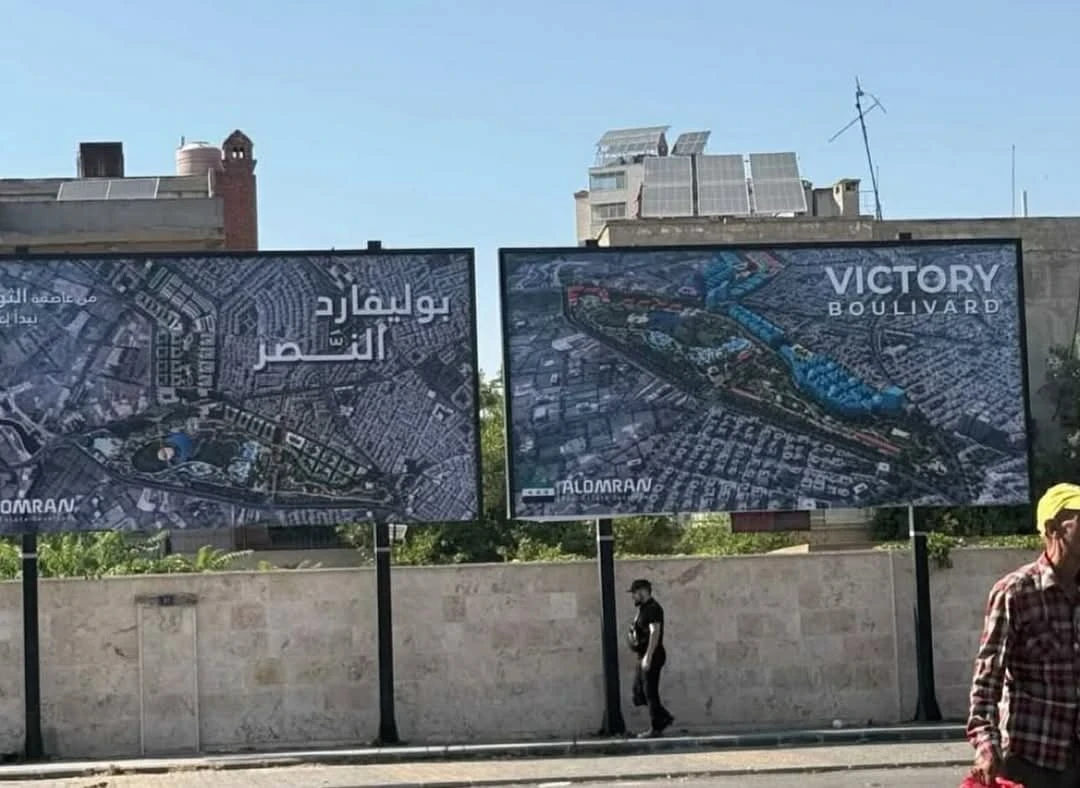آفاق العلاقات الاقتصادية بين سوريا والإمارات
شكلت زيارة الرئيس السوري أحمد الشرع إلى دولة الإمارات يوم الأحد الماضي محطة مهمة على سكة بدء علاقات اقتصادية جديدة بين البلدين، وخصوصاً لقائه برجال الأعمال السوريين في الإمارات الذين عبروا في كتاباتهم عقب اللقاء عن تفاؤلهم بما سمعوه من الرئيس عن رؤيته لمستقبل سوريا الاقتصادي ودور رجال الأعمال السوريين فيه.
وكتب رجل الأعمال السوري، المقيم في الإمارات، غسان عبود، على صفحته الشخصية في "فيسبوك": "أعتقد أن نتائج القمة السورية الإماراتية ستنعكس إيجاباً بقوة على أصحاب الأعمال المتوسطة وما فوق الوسط والآلاف منهم بعد هذه القمة سيتوجهون للاستثمار في سوريا فوراً، وبعضهم كان قد بدأ فعلاً".
أما رجل الأعمال، عمار هيكل، الذي كان حاضراً لقاء الشرع، فقد كتب أن الرئيس دعا السوريين للاستثمار في سوريا بالتوازي مع عمل الحكومة على رفع العقوبات وتحسين الخدمات، ووعد بإلغاء القرارات الظالمة بحق رجال الأعمال الداعمين للثورة الصادرة عن النظام الساقط. كما تحدث الرئيس، بحسب هيكل، عن تخصيص فريق متكامل لصناعة النسيج لما تشكله من نسبة ضمن صادرات سوريا، إضافة إلى جهود الحكومة في تنشيط الصناعة بشكل عام، والزراعة، والسياحة.
بدوره كتب رجل الأعمال، يحيى القضماني، عن زيارة الشرع للإمارات: "أعتقد أن السيد الرئيس أحمد الشرع قام بأهم زيارة له منذ توليه مهام القيادة لأن دولة الإمارات العربية المتحدة هي اللاعب الرئيسي في دعم الاستقرار والسلام والازدهار في المنطقة ويمكن أن تساهم في إعادة بناء سوريا بشكل فعال وقوي ومخلص". وأضاف أن الرئيس طمأنهم بأن اللقاء مع المسؤولين الإماراتيين كان ناجحاً جداً، وأن سمو الشيخ محمد بن زايد، رئيس الدولة، أظهر حرصاً كبيراً على الوقوف إلى جانب الشعب السوري ودعم جهوده في إعادة البناء والتطوير.
وأفاد القضماني أنه خلال مداخلته في الاجتماع الذي أجراه الرئيس مع مجموعة من رجال الأعمال، أكد على حرص ورغبة جميع السوريين الذين يعيشون في دولة الإمارات أن يكون للإمارات دور محوري ومساهمة مباشرة في تطوير بنية الاقتصاد السوري.
على صعيد متصل، أكد مراقبون أن فتح العلاقات الاقتصادية بين سوريا والإمارات فيه فائدة متبادلة للبلدين، حيث تستطيع الإمارات دعم الاقتصاد السوري وبنفس الوقت فإن سوريا لديها الثروات والمنتجات التي يمكن أن تزود بها السوق الإماراتية.
وقال الإعلامي الاقتصادي السوري المقيم في الإمارات، أحمد العمار، أن زيارة الشرع للإمارات سوف تؤثر في عدة اتجاهات. أول هذه الاتجاهات، أن سوريا دولة تخرج لتوها من حرب 14 عاماً أتت على الأخضر واليابس وبالتالي الدولة بحاجة للنهوض اقتصادياً وتنموياً، وهذا الأمر تستطيع أن تقدم الإمارات فيه مبادرات كثيرة، أولاً عبر المشاركة في إعادة الإعمار ومن ثم تقديم ربما الدعم الاقتصادي والدعم التنموي في القطاعات التي تملك الإمارات فيها تجربة كبيرة.
وأضاف العمار في تصريح خاص لـ "اقتصاد" أن المجال الآخر الذي تستطيع أن تقدم فيه الإمارات دعماً للجانب السوري هو القطاع المالي بكل أركانه ومرتكزاته ومكوناته، من مصارف وتأمين، حيث تملك الإمارات خبرة كبيرة في هذا الاتجاه وتستطيع أن ترفد الجانب السوري بها. أما القطاع الثالث، فهو قطاع الطيران والنقل الجوي، من خلال زيادة عدد الوجهات المتجهة إلى سوريا، مشيراً إلى أن الإمارات تملك خمس ناقلات وهذه الناقلات مؤثرة ولديها حركة نقل هائلة وارتباط بوجهات عالمية كثيرة على امتداد قارات العالم وخطوطه الجوية.
ورأى العمار أن سوريا تستطيع كذلك خدمة الاقتصاد الإماراتي، فكما هو معروف، فإن تركيبة الاقتصاد السوري هي تركيبة ترتكز على القطاع الزراعي بشقيه النباتي والحيواني، وبالتالي يمكن أن تكون الإمارات ذات الـ 11 مليون نسمة سوقاً مهمة للمنتجات الزراعية والغذائية والحيوانية السورية سيما أن المنتج السوري يحظى بثقة كبيرة في الإمارات.
ولفت العمار في ختام حديثه لـ "اقتصاد" أن سوريا الآن بحاجة لما يمكن أن نسميه تعويماً اقتصادياً في الأسواق العالمية، لأن الفترة السابقة حرمت البلاد من التعامل مع أسواق كثيرة بالمقابل لدى الإمارات انفتاح كبير على الأسواق العالمية، وبالتالي يمكن أن تستخدم الأسواق الإماراتية والموانئ الإماراتية للتعاطي مع مسألة المنتجات المعاد تصديرها، داعياً للتركيز على تفعيل خطي النقل البحري والبري مروراً بالسعودية والأردن، لأن سوريا هي نقطة الوصل بين تركيا وأوروبا ومن ثم الخليج والعالم العربي.

